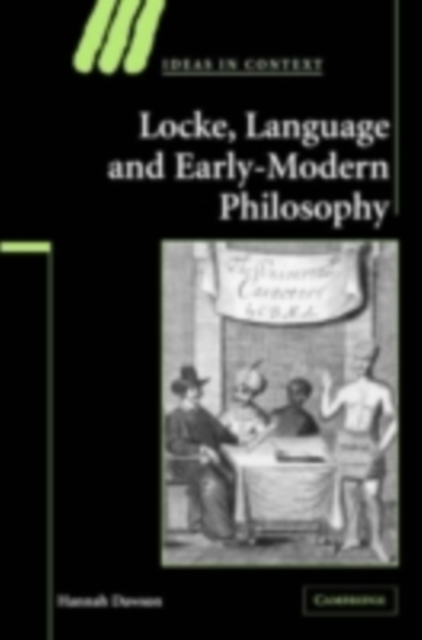
Locke, Language and Early-Modern Philosophy PDF
by Hannah Dawson
Description
In a powerful and original contribution to the history of ideas, Hannah Dawson explores the intense preoccupation with language in early-modern philosophy, and presents an analysis of John Locke's critique of words.
By examining a broad sweep of pedagogical and philosophical material from antiquity to the late seventeenth century, Dr Dawson explains why language caused anxiety in various writers.
Locke, Language and Early-Modern Philosophy demonstrates that developments in philosophy, in conjunction with weaknesses in linguistic theory, resulted in serious concerns about the capacity of words to refer to the world, the stability of meaning, and the duplicitous power of words themselves.
Dr Dawson shows that language so fixated all manner of early-modern authors because it was seen as an obstacle to both knowledge and society.
She thereby uncovers a novel story about the problem of language in philosophy, and in the process reshapes our understanding of early-modern epistemology, morality and politics.
Information
-
Download - Immediately Available
- Format:PDF
- Publisher:Cambridge University Press
- Publication Date:07/06/2007
- Category:
- ISBN:9780511286940
Information
-
Download - Immediately Available
- Format:PDF
- Publisher:Cambridge University Press
- Publication Date:07/06/2007
- Category:
- ISBN:9780511286940






